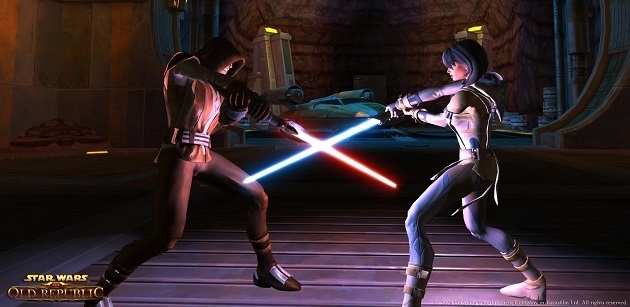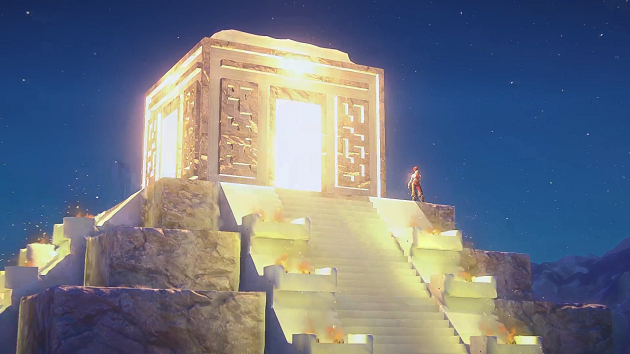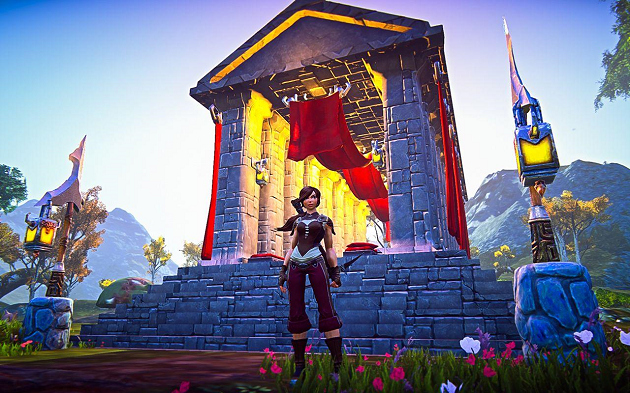
As the MMO genre has grown and matured, demands for convenience have seen massive increases in solo-able content. Instant group finders abound, and community ideals erode in the glare of instant access group content, designed to be completed without any need for communication.
Many people see this as a problem, the strength of the MMO genre is the persistent nature of the experience, what good is it if all its parts are disposable?
What is the answer to this problem? Many think it is to wind the clocks back to a pre-World of Warcraft state, but this is simply not possible. The realities of making online games has changed dramatically, playing with other people over the internet is now no longer a novel concept. This was a time without YouTube, when social media was in its infancy and people thought Steam was something that came out of a kettle.




